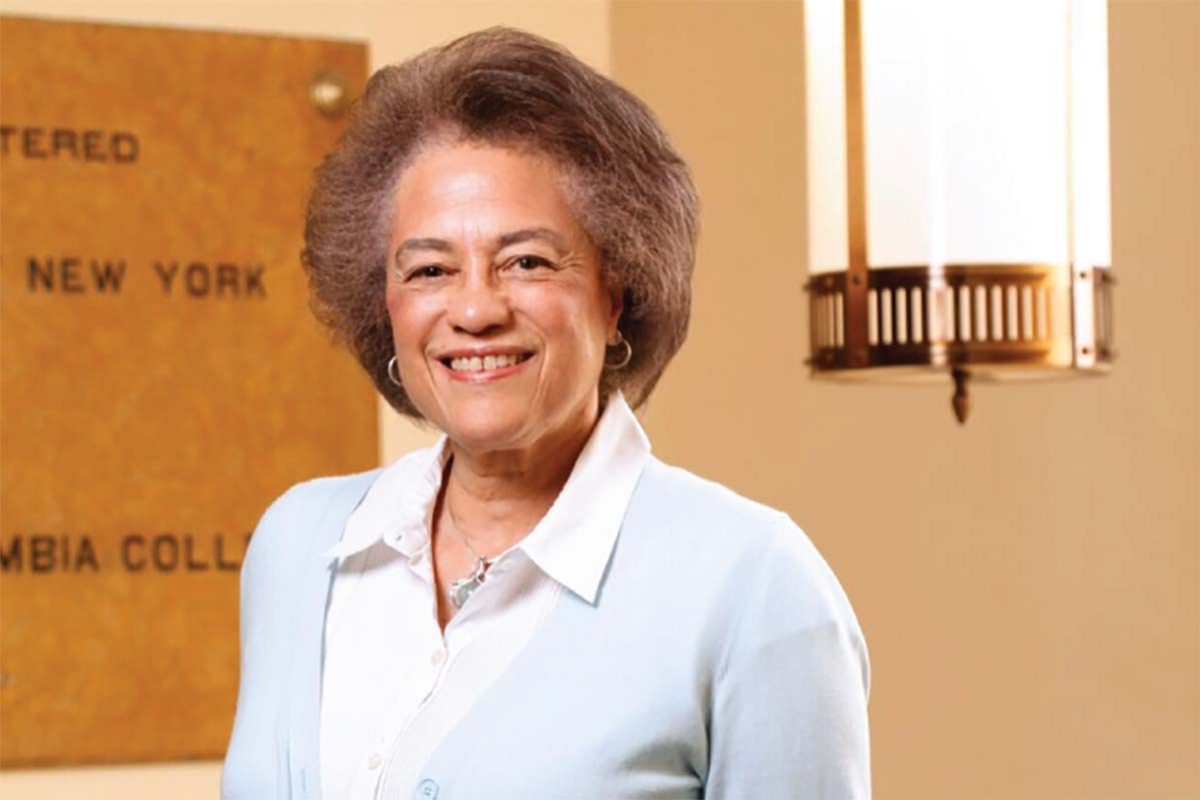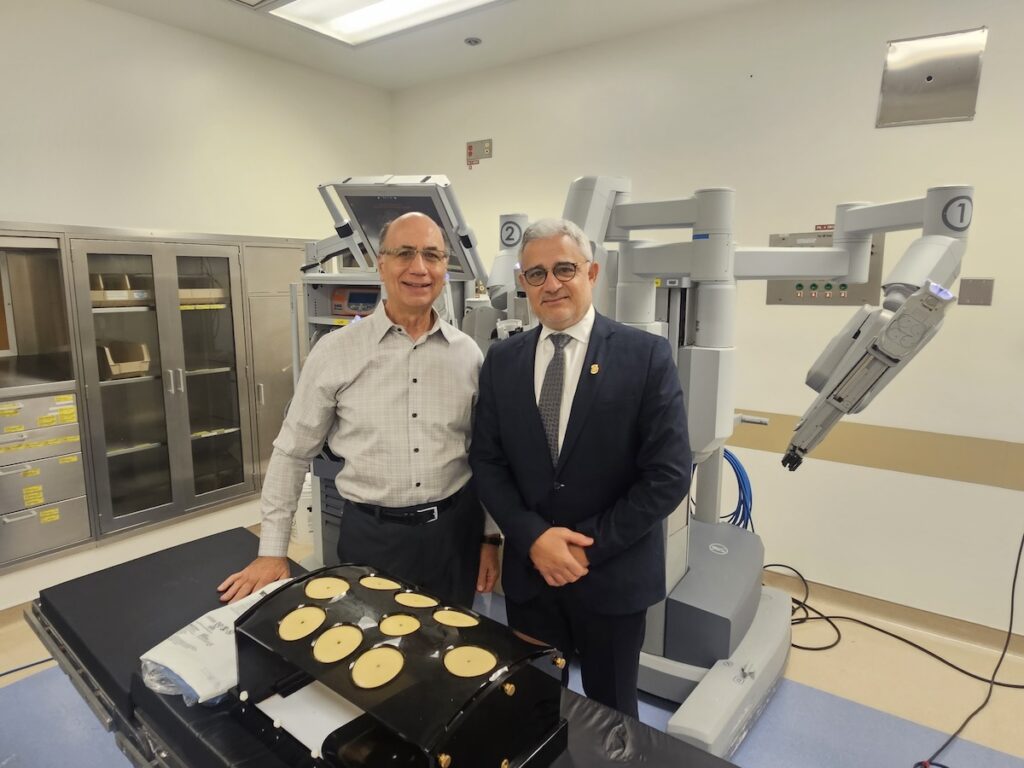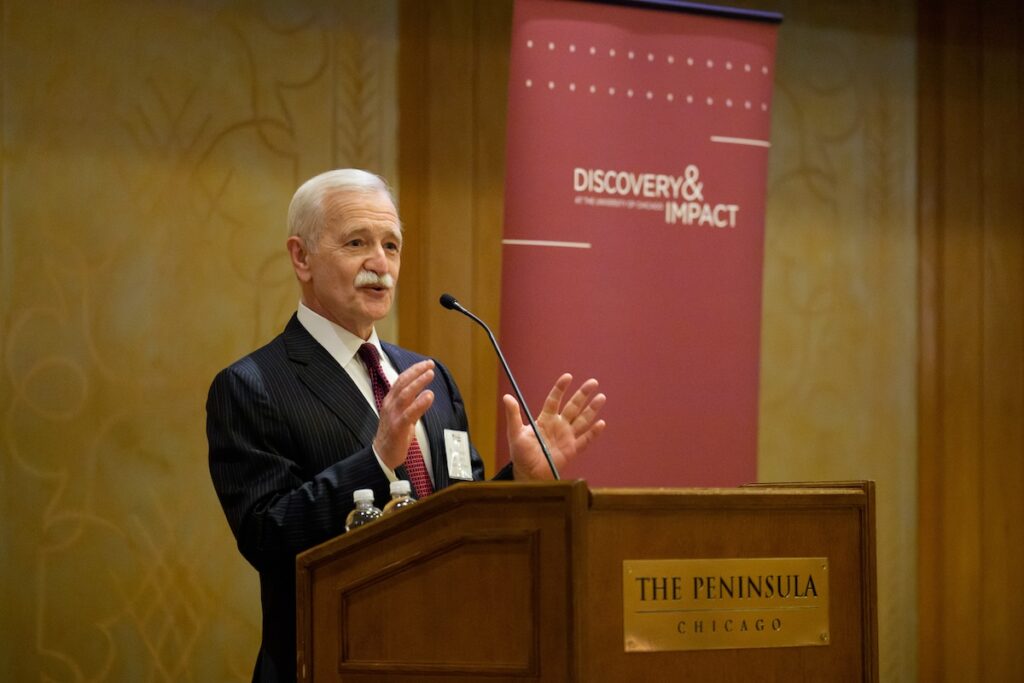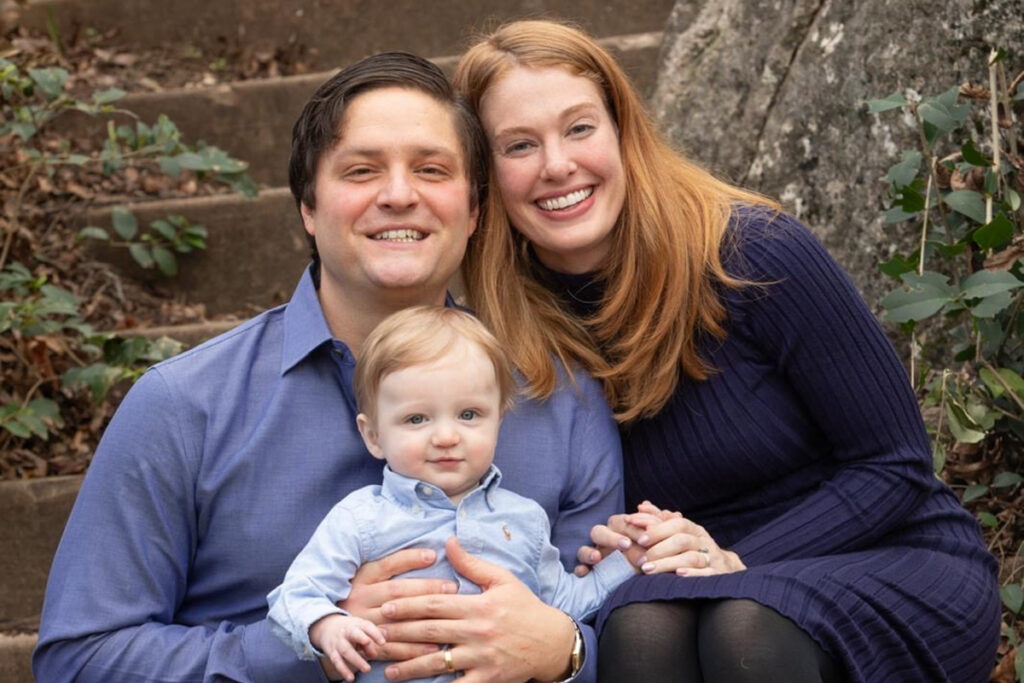After earning her medical degree from the University of Chicago Pritzker School of Medicine, Anne L. Taylor, MD’76, completed an internal medicine residency and clinical cardiology fellowship at UChicago Medicine. She subsequently completed cardiovascular research training at Johns Hopkins University and the University of Iowa.
Dr. Taylor has held a number of leadership positions at medical centers across the country, co-authored a book on faculty mentoring, and chaired the steering committee for the first major clinical trial to test the effectiveness of a heart failure medication in African Americans. Today, she serves as senior vice president for faculty affairs and career development for the Columbia University Irving Medical Center.
We spoke with Dr. Taylor about her experience at the University of Chicago, her participation in alumni events, the inspiration behind providing scholarship fund support for Pritzker students, and more.
What makes a Pritzker education distinctive?
Several things made my Pritzker medical education extraordinarily unique. For one, we had very thorough and high-quality pre-clinical and clinical curricula, with small classes taught by experts in their respective scientific fields or clinical specialties. Secondly, because the medical school is integrated into the Division of the Biological Sciences, we felt more like graduate students in a biologic discipline with a closeness to the broader University that doesn’t always exist at medical schools. It made us feel part of the larger intellectual world of extraordinary scholars that makes the University of Chicago so distinctive.
How did your experiences at Pritzker shape you into the leader you are today?
I had very strong educational experiences. During clinical rotations, we were expected to become fully integrated into our ward teams, to think through all aspects of complex patient problems, and to contribute to our teams. That experience built a certain level of autonomy and confidence that is so important for later leadership roles.
We also had amazing role models. One who stood out to me was Seymour Glagov, MD, who was a wonderful pathology professor, with whom I spent elective time learning about cardiovascular pathology.
Morton Arnsdorf, MD, a cardiology faculty member, also provided excellent mentoring support when I was a resident and fellow. He sponsored my early research training and early career opportunities, though they were away from Chicago. These experiences have motivated me to want to provide that kind of support to faculty in my role at Columbia today.
Describe your experience participating in alumni events.
I have really enjoyed meeting people at the events—both recent grads and alumni who attended many years ago who share a similar sense of how special our UChicago years were. At a recent tour of the Museum of Modern Art in New York, I met Jim Pullman, PhD’78, MD’79, who is a pianist. I play the cello, and Jim remembered that I’d played chamber music with a mutual violinist friend of ours, who was a UChicago historian. We have reconnected playing sonatas for cello and piano, which is a great way to develop friendships.
What motivates you to make annual gifts the supporting Pritzker scholarship fund?
The University of Chicago was incredibly generous to me during my time there with scholarship support, but most importantly by opening the door to a world previously unknown to me of academic medicine. Because of the support offered to me and the extraordinary education provided to me, I’ve always wanted to return that support in some way. I would love for such life-changing experiences—from the wonderful educational experiences to the unique approach to medicine that was so pivotal for me—to be available to other students like myself.
What inspired you to establish and endow the Benjamin and Louise Taylor Scholarship Fund?
I wanted to honor my parents, who were extraordinary people, by naming the scholarship fund after them. As African Americans living in the South in the 1920s through the 1940s, they faced terrible racial injustice. They left the South during the Great Migration and moved to the Bedford-Stuyvesant neighborhood in Brooklyn, where I grew up. Although both were thoughtful, talented, and self-educated people, they never had the opportunity to attend college or reach for the “American dream.” My parents were, however, determined that my siblings and I would have far better opportunities.
While we, in this country, clearly still have a long road ahead to achieve racial and health equity and justice, it is my hope that this scholarship will support medical students who will advance these principles in their professional lives.
In large measure, the University of Chicago shaped my adult dreams, aspirations, and accomplishments, but my parents provided a childhood tremendously rich in education, music, art, and aspirations to make the world better.
What advice do you have for today’s Pritzker students or young alumni just beginning their careers?
The University of Chicago is a wonderful incubator for any career path in medicine. I think each person should look inward and ask: What am I passionate about? What gets me up in the morning? What do I want to achieve? Because whatever you choose, you’re going to be doing it—if you’re fortunate—for a long time. It’s also important to recognize that what you set out to do in the beginning may change over time, and to be open to new opportunities—which I like to call “new adventures.”
Explore ways to give to UChicago Medicine.




